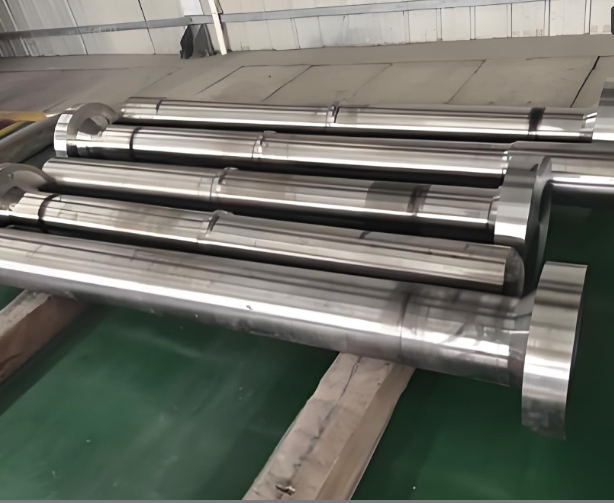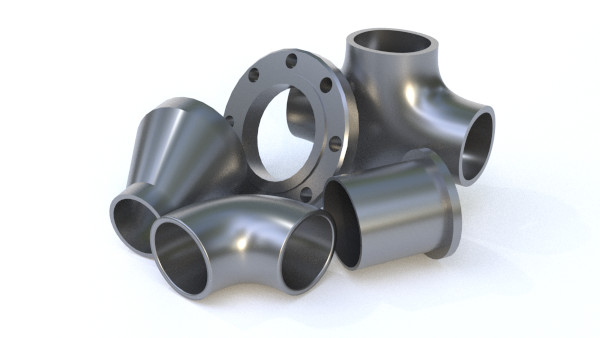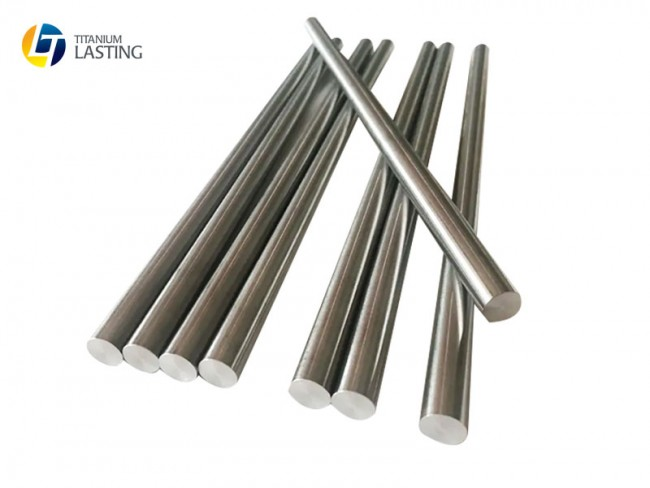
This article explores what makes Shaanxi Lasting a leading titanium forging manufacturer, highlighting its commitment to quality, advanced manufacturing processes, extensive product range, and customer-centric approach. It emphasizes the company's innovation efforts and global reach, positioning it as a trusted supplier in the titanium industry.
View More
This article explores how machining impacts the quality of titanium pipe fittings, detailing the challenges faced during the machining process and best practices for achieving optimal results. It highlights the importance of understanding titanium's unique properties and the significance of selecting appropriate machining techniques to ensure high-quality fittings for various applications.
View More
This comprehensive guide explores the various grades of titanium fasteners, detailing their properties, applications, and advantages. It highlights the importance of selecting the right grade for specific applications and discusses the challenges and future trends in the titanium fastener industry. As industries seek to enhance performance and sustainability, titanium fasteners are increasingly recognized for their value in demanding environments.
View More
This article explores the critical role of titanium fasteners in the chemical processing industry, highlighting their unique properties, applications, and advantages. It discusses the challenges associated with their use and anticipates future trends in manufacturing and adoption. As industries seek to enhance performance and sustainability, titanium fasteners are increasingly recognized for their value in demanding environments.
View More
This article provides a comprehensive guide on ensuring that titanium round bars meet ASTM and AMS standards. It covers material selection, manufacturing processes, testing, and certification, emphasizing the importance of compliance for quality and safety. The article also discusses challenges faced by manufacturers and the future outlook for the titanium round bar market.
View More
This article explores the market trends and demand forecasts for titanium round bars in 2026, highlighting key applications in aerospace, medical, and chemical processing industries. It discusses the factors driving demand, challenges faced by the market, and the expected growth rate, emphasizing the importance of titanium in high-performance applications.
View More